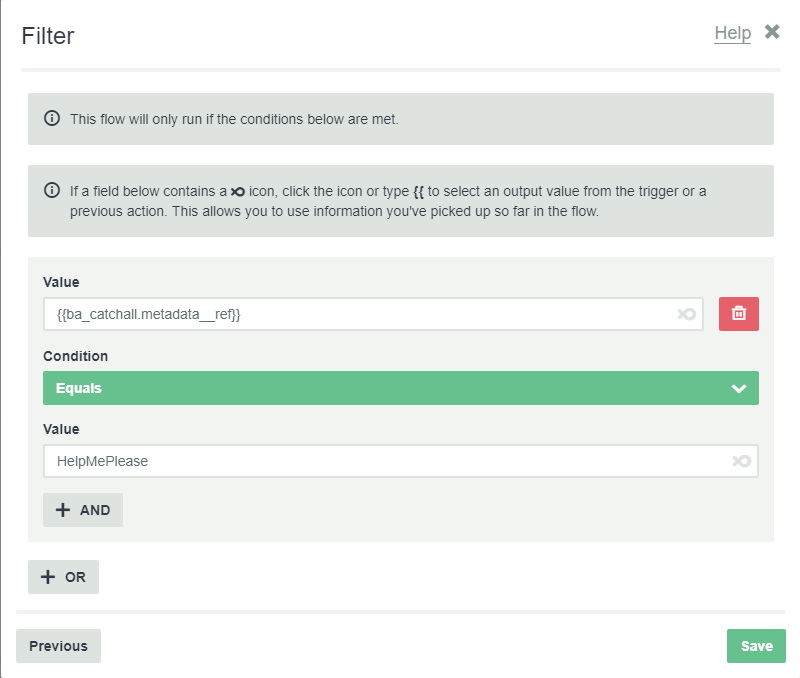@KarenBarker @DanielBeckett
I’ve noticed that if the initial parameter ?ref= contains the “&” special character then the “&” and all following characters are ignored and not passed in the catch-all metadata. It would be really useful if all the full parameter string including the “&” could be passed to the catch-all metadata. This is because I want to use the initial parameter and metadata in the flow to make an HTTP request without having to manipulate the metadata before passing to the HTTP function.
W3C recommends that all web servers support semicolon separators in addition to ampersand separators to allow application/x-www-form-urlencoded query strings in URLs within HTML documents without having to entity escape ampersands.
In Flowxo, characters such as Comma “,” and plus “+” characters are replaced with a blank space. A Semicolon “;” is replaced by a “,”
I have found that a simple workaround is to use %26 which is successfully passed in the metadata i.e. the %26 replaced by the “&”. It works but the query is less human readable.
I look forward to your thoughts on this point.




